Strong social skills start in early childhood
How conversational turns shape lifelong success
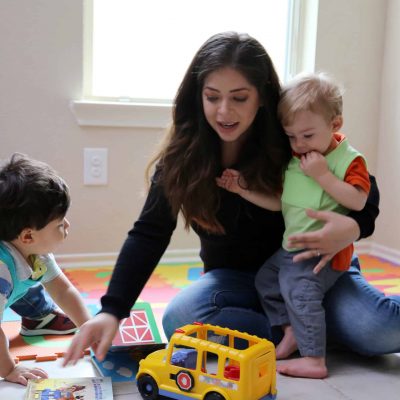
Why the First Five Years Matter
90% of brain growth happens before kindergarten. Conversational turns — just simple back-and-forth interactions between a child and an adult — are a huge part of this growth.
During these years, children develop the social skills that become their foundation for:
- Learning to make friends
- Managing big feelings
- Solving problems peacefully
- Building healthy relationships
- Succeeding in school and beyond
Emotional Growth in Action
Wondering what we’re talking about when we say “social skills”?
Check out some examples of what social development in early childhood looks look like in action:
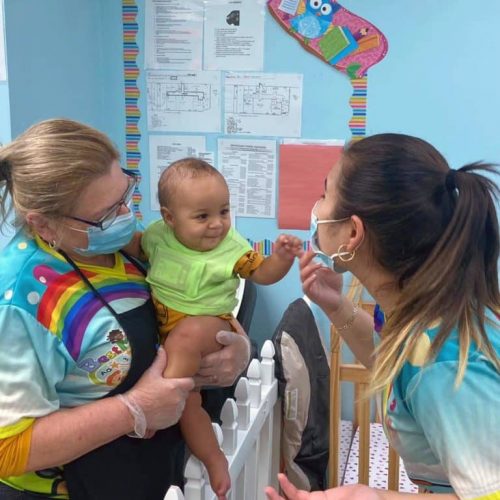
For Infants
(0-12 months)
- Smiling back when you smile
- Making eye contact during feeding
- Calming down when comforted
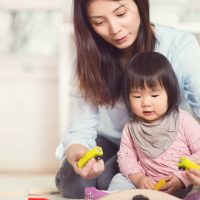
For Toddlers
(1-3 years)
- Showing concern when someone is hurt
- Taking turns (sometimes!) with toys
- Attempting to use words when upset

For Preschoolers
(3-5 years)
- Making friends and playing cooperatively
- Talking about feelings (“I’m mad because…”)
- Solving simple problems with words
Making the connection
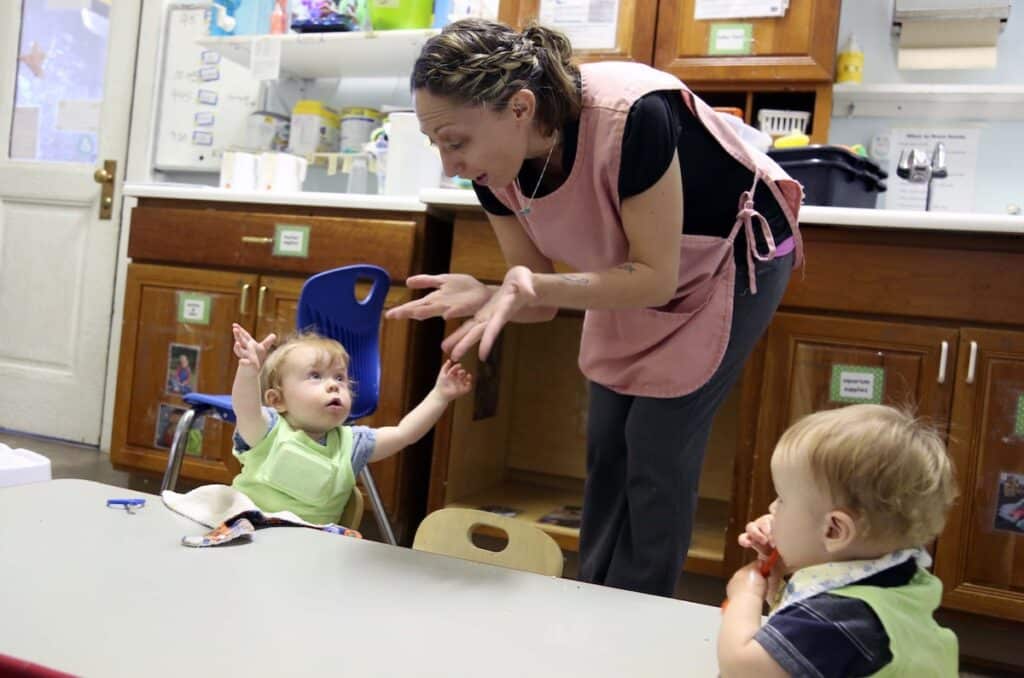
Children need more conversational turns
Children don’t just need to hear words. They need responsive relationships.
Every back-and-forth exchange between a child and adult — what researchers call “conversational turns” — strengthens social skills.
Here’s what the research says: Children who experience more of these back-and-forth conversations show:
- Reduced challenging behaviors
- More emotional self-control
- Better language development
- Friendship skills
- Less anxiety
Effectively Strengthening Adult-Child Relationships
Social development in early childhood is too important to leave to chance. Here are approaches that really work:

Classroom-Based Programs
Teacher tools like Pyramid Model and PATHS® build social skills daily.

Home Visiting Programs
Early Head Start helps families support development through everyday moments.
Professional Development/ Coaching
LENA Grow helps educators create environments where social skills flourish.Measuring What Matters in Early Childhood
In today’s world, we can measure what matters and use that information to help children develop better social skills in early childhood.
LENA’s early childhood professional development program measures the back and forth conversations children experience with adults throughout the day. This technology:
- Shows teachers and caregivers where they’re already strong
- Identifies opportunities to talk more
Guides improvements that really work - Tracks progress over time
- The result?
Children experience more brain-building conversations, and adults gain confidence in their ability to support every child’s development.
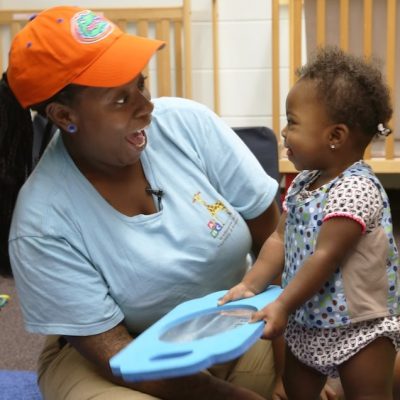
Transforming Classrooms Through Conversation
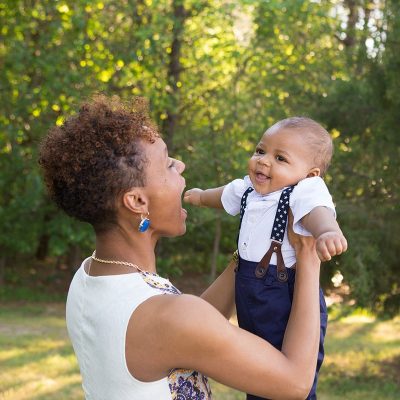


Resources To Help You Help Children Thrive
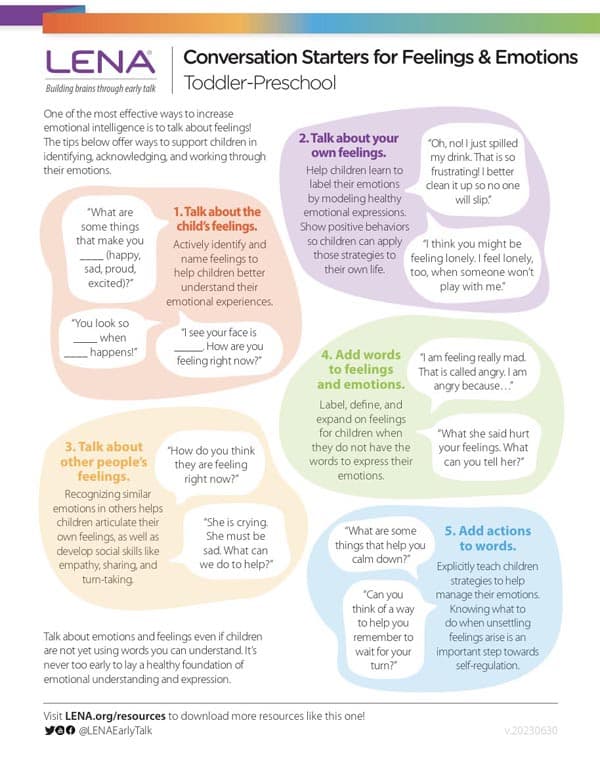
Conversation Starters for Feelings & Emotions
One of the most effective ways to increase emotional intelligence is to talk about feelings! These tips offer ways to support children in identifying, acknowledging, and working through their emotions.
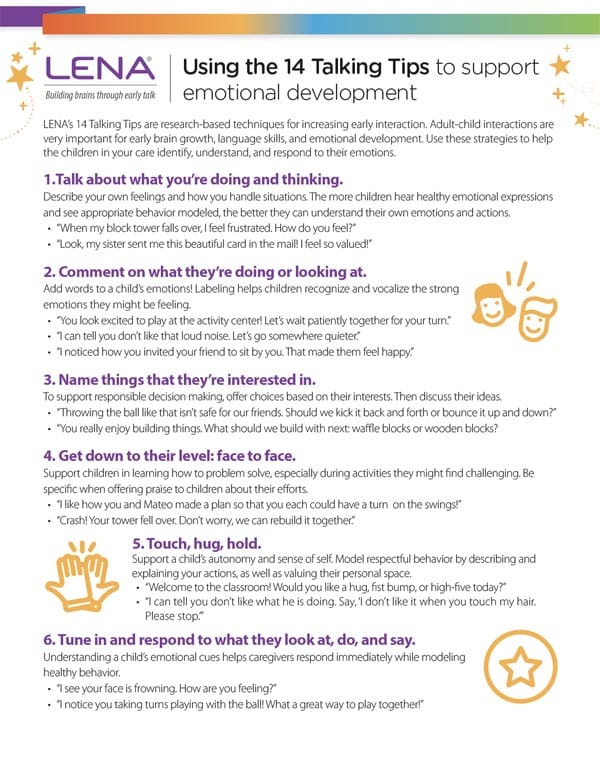
Using the 14 Talking Tips To Support Emotional Development
This resource (available in English & Spanish) helps support children in learning to recognize, understand, and navigate their feelings and emotions. Share with educators and families in your community!
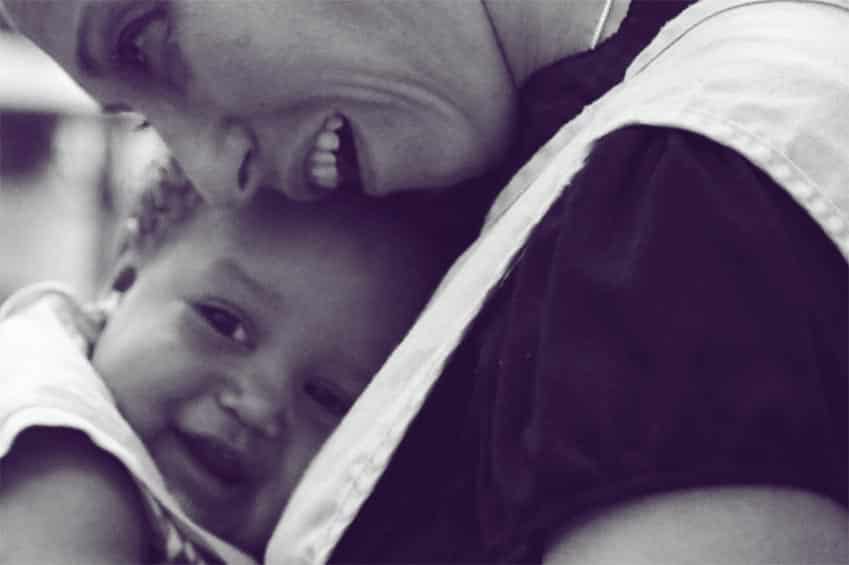
LENA Grow and Language/Social Skills
How does LENA Grow, a professional development program for early educators, help improve children’s language and social skills?
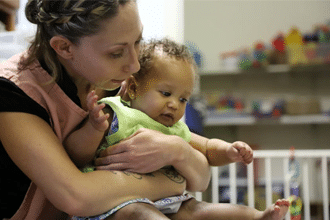
Understanding Challenging Behavior in Early Childhood Education
In this webinar we will discuss how a focused approach on educator-child interactions can enhance relationships and support healthy social behaviors.

Growing Confident Learners: Webinar Highlights
In “Growing Confident Learners,” experts explored questions about the critical role of self-confidence in early childhood education.
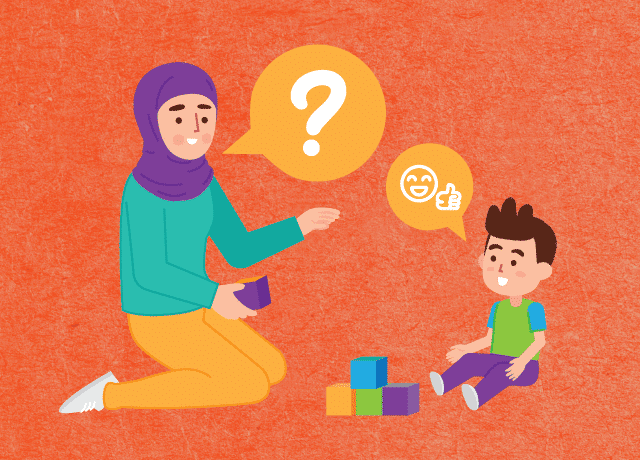
Social Skills in Early Childhood: New Evidence of LENA Grow’s Effectiveness
New data analysis suggests LENA Grow accelerates social development, a strong sign of kindergarten readiness.